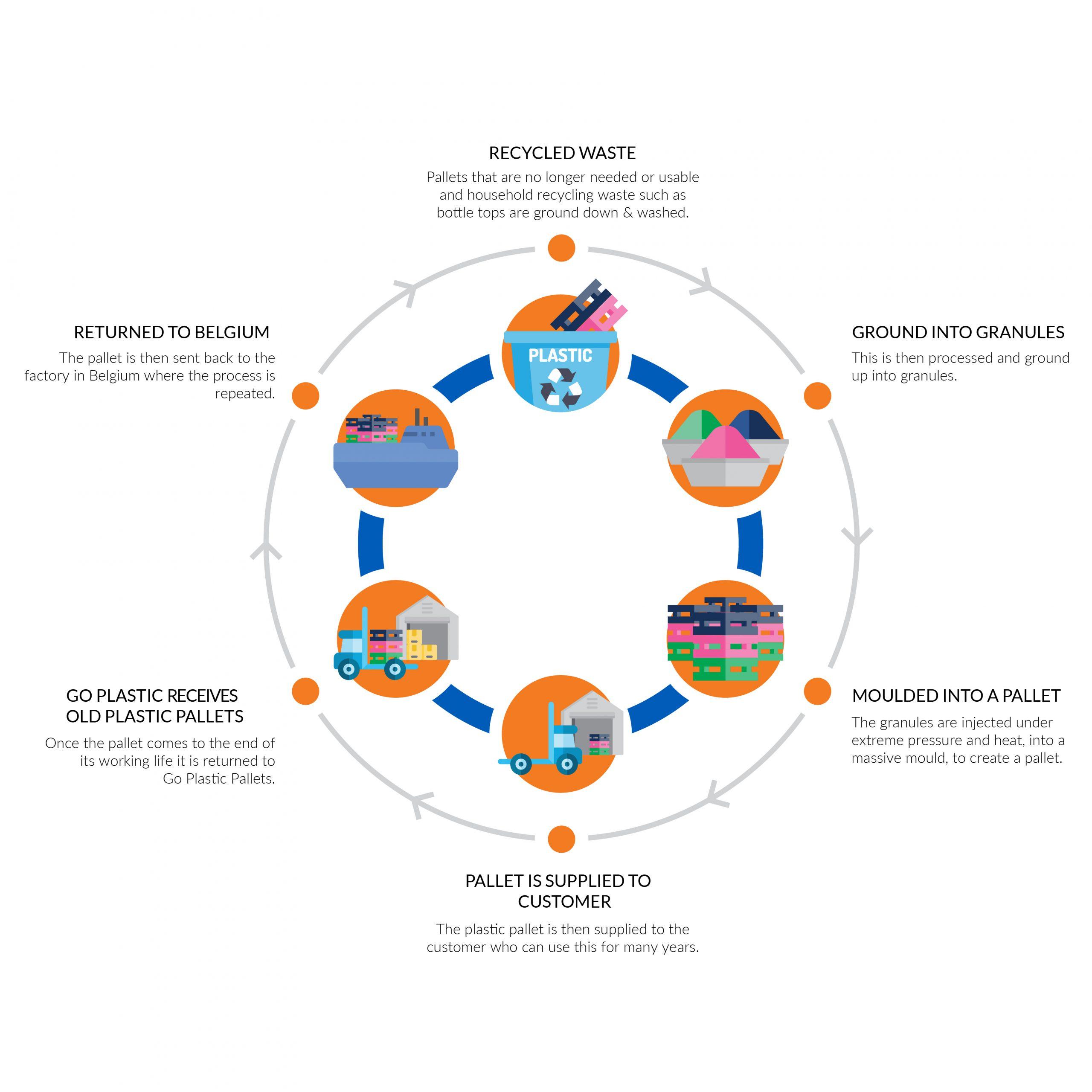10 Impactful Case Studies of Blockchain in Higher Education
Blockchain technology is rapidly transforming industries across the globe,and higher education is no exception.As universities seek innovative solutions for enhancing clarity, security, and trust, blockchain applications have emerged as powerful tools for managing credentials, reducing fraud, and streamlining academic processes. In this article, we explore 10 impactful case studies of blockchain in higher education, highlighting how forward-thinking institutions are leveraging this technology for improved outcomes. Weather you’re an educator, administrator, or student, these real-world examples will showcase the practical benefits and future potential of blockchain in academia.
Benefits of Blockchain in Higher Education
- Enhanced Credential Security: Immutable records prevent transcript and degree fraud.
- Increased Efficiency: Automates verification processes, reducing time and cost.
- Interoperability: Credentials can be easily shared and verified across institutions globally.
- Student Empowerment: Learners own and control their academic records.
- Transparency: Greater trust between students, alumni, employers, and educational institutions.
10 Impactful Blockchain Case Studies in Higher Education
1. MIT – Digital Diplomas on the Blockchain
The Massachusetts Institute of Technology (MIT) pioneered the issuance of digital diplomas using blockchain. Through the “blockcerts” platform,graduates receive tamper-proof,instantly verifiable diplomas,reducing qualification fraud and empowering alumni. This initiative demonstrates the direct impact blockchain can have on academic credentials.
2. University of Nicosia – Blockchain-Based Degree Verification
As the first university in the world to offer a Master’s in Digital Currency, the University of Nicosia in Cyprus also leads in using blockchain for degree authentication. Students receive certificates stored on the Bitcoin blockchain, allowing for obvious and public verification, which considerably reduces credential forgery.
3. Holberton School – Transparent Student Transcripts
The Holberton School has adopted blockchain to record and share student transcripts securely and efficiently. Employers and other institutions can verify student achievements in seconds, fostering trust and expediting the hiring process.
4. University of melbourne – Blockchain Academic Credentialing
The University of Melbourne,Australia,issues blockchain-based digital credentials via the Learning Machine platform. Graduates can instantly prove their qualifications anywhere in the world, supporting international mobility and reducing administrative burdens.
5. Sony Global Education & IBM – Blockchain for Educational Records
sony and IBM have collaborated to develop a blockchain platform enabling institutions to securely share student records and learning histories. This facilitates seamless educational data exchange, improves record-keeping, and prevents alteration of crucial documents.
6. ECPI University – Blockchain for Online Credentials
ECPI University in the US has implemented blockchain credentialing for programs emphasizing technology and healthcare. Students gain instant access to digital diplomas and can easily share them with potential employers, demonstrating blockchain’s value in online education.
7. The University of Bahrain – blockchain-Based Certificates
In the Middle East,the University of Bahrain made headlines by adopting blockchain to issue digital diplomas and certificates. this approach ensures authenticity and fosters trust among employers and graduate schools both locally and internationally.
8. Malta’s Institution of higher Education – National Blockchain Strategy
The Maltese government has introduced a nationwide blockchain registry for educational certificates. All state-issued academic qualifications are stored on a public ledger, positioning Malta as a global leader in secure and verifiable academic credentials.
9. Woolf University – The First blockchain-Powered University
Woolf is a fully-accredited blockchain university that manages student records, contracts, payments, and course authentication all on-chain.This innovative approach reduces bureaucracy and increases transparency across academic operations.
10. Central New Mexico Community College (CNM) – Blockchain Diplomas
CNM was the first US community college to offer blockchain-based digital diplomas. Students control their credentials, while the college minimizes administrative costs and modernizes its approach to record-keeping.
Practical Tips for Universities Implementing Blockchain
- Start Small: pilot blockchain initiatives with a single department or programme before scaling.
- Educate Stakeholders: Organize workshops for faculty and students to familiarize them with blockchain technology.
- Choose the Right Platform: Evaluate open-source vs.enterprise solutions to fit institutional needs.
- Prioritize Data Privacy: Ensure compliance with data protection regulations like GDPR when adopting public or private blockchains.
- foster Collaboration: Partner with technology providers and other institutions for knowledge sharing and implementation guidance.
First-Hand Experience: Voices from the Field
“Our graduates appreciate the convenience and security of digital diplomas. Blockchain has made a tremendous difference in the speed and ease with which alumni can verify their qualifications.”
– Registrar, University of Melbourne
“By leveraging blockchain, we’ve significantly reduced administrative overhead and built greater trust with employers reviewing our students’ achievements.”
– Program Director, Holberton School
Future Outlook for Blockchain in Higher Education
As the case studies above illustrate, blockchain is already having a transformative impact on higher education. Looking ahead, experts anticipate widespread adoption for not just credentialing, but also secure academic research sharing, decentralized learning platforms, and even facilitating international student mobility. With growing emphasis on data privacy and global interoperability, blockchain will likely become an essential infrastructure for academia in the coming decade.
Conclusion: Embracing blockchain for Academic Excellence
the integration of blockchain technology in higher education is more than a trend; it’s a critical shift toward greater transparency,trust,and efficiency. From verifying degrees to streamlining student mobility, these 10 case studies show the tangible benefits—and exciting possibilities—created by blockchain adoption. as more universities embrace this digital transformation, students and faculty alike will benefit from secure, portable, and easily verifiable academic achievements. Explore how your institution can join this revolution and unlock new opportunities for future-ready learning.

